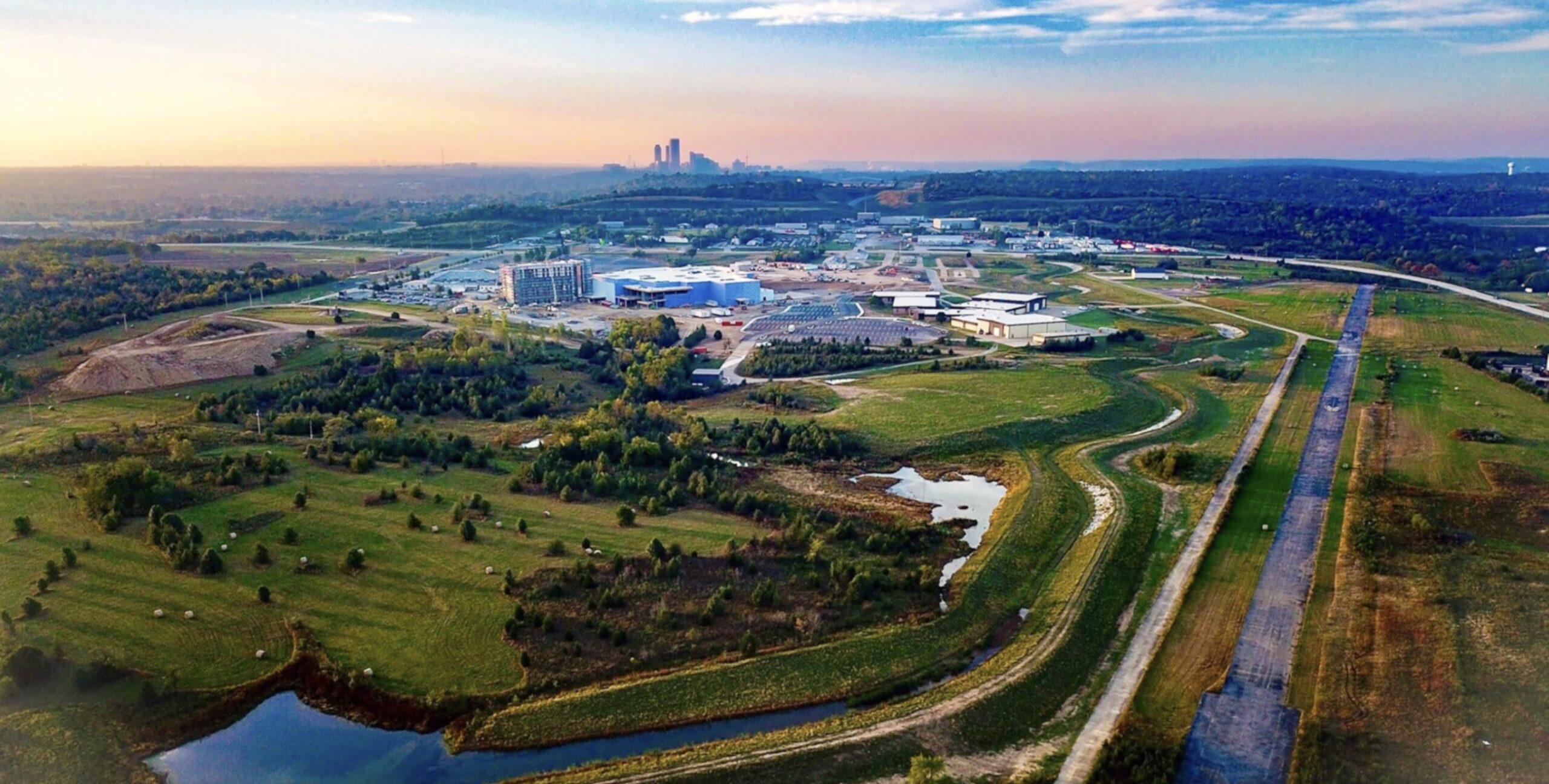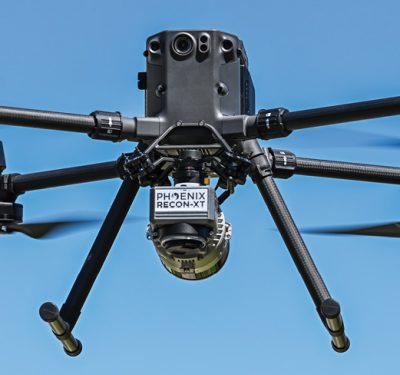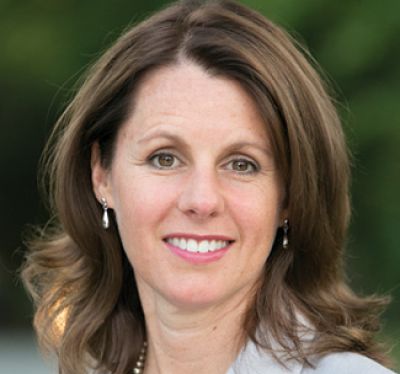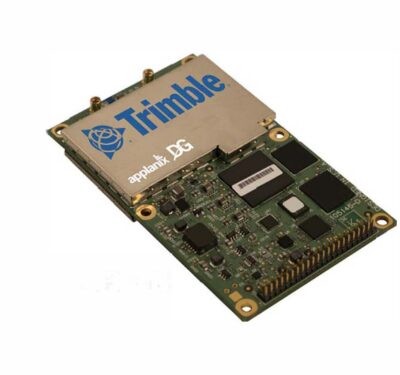The Biden-Harris Administration and the U.S. Economic Development Administration (EDA) have awarded approximately $51 million to the Tulsa Hub for Equitable and Trustworthy Autonomy (THETA), a consortium led by Tulsa Innovation Labs. This funding aims to strengthen the region’s capabilities in autonomous systems through advanced manufacturing and deployment of technologies critical to the future of national and economic security. Tulsa is one of 12 Tech Hubs to receive funding out of the 31 regions designated as “Tech Hubs” last fall.

Advancing Autonomous Technologies
Tulsa’s legacy of innovation and extensive assets, bolstered by federal investment, position the region to advance U.S. leadership in trustworthy and equitable autonomous systems, including uncrewed aircraft systems (UAS), autonomous vehicles, drones, and robotics. These technologies have applications ranging from agriculture and pipeline inspections to regional transportation.
Jennifer Hankins, managing director of Tulsa Innovation Labs, highlighted Tulsa’s preparedness for this venture: “With a legacy shaped by aerospace and manufacturing, Tulsa is pioneering the future of innovation. Our community, in partnership with entities like Osage Nation, Cherokee Nation, and Black Tech Street, is ready to lead the way in developing these technologies with a commitment to security and trustworthiness.”
Economic Impact and Job Creation
The EDA’s Tech Hubs funding aims to position the Greater Tulsa Region in the $1.36 trillion global autonomous systems market and create up to 56,000 new jobs over the next decade. Innovations in autonomous technologies are crucial for U.S. economic competitiveness and national security, providing essential advancements for both commercial and defense applications.
Key Projects and Initiatives
The funding will support six major projects aimed at enhancing the region’s technological and economic landscape:
- Commercialization Strategies: Increasing coordination between universities and startups.
- Testing and Simulation Environment: Building facilities for companies, researchers, and regulatory entities to address commercial adoption barriers, with a focus on cyber and data management.
- Manufacturing Demonstration Center: Developing programs to scale small companies’ capabilities in autonomous systems supply chains.
- AI Center of Excellence: Expanding opportunities in technology for underserved communities.
- Workforce Programs: Aligning training with industry needs, providing upskilling and on-the-job training opportunities.
- Governance Structures: Establishing frameworks to execute projects, pursue additional funding, and drive the Tech Hub’s strategy.
Community and Industry Support
The THETA initiative is supported by a diverse coalition, including Black Tech Street, Cherokee Nation Businesses, L3Harris Aeromet, Madison Strategies Group, NORDAM, Oklahoma State University, Osage LLC, PartnerTulsa, Radius Capital, The University of Tulsa, Tulsa Community College, and Tulsa Economic Development Corporation.
Chuck Garrett, CEO of Cherokee Nation Businesses, emphasized the project’s significance: “This project coincides with Cherokee Nation’s approach to improve the lives of its citizens and strengthen the regional economy of northeastern Oklahoma.”
Tyrance Billingsley II, founder and executive director of Black Tech Street, also highlighted the initiative’s impact: “The Greenwood AI/AS Center of Excellence opens the door for Black Tulsans to secure good jobs in tech, honoring the legacy of the Historic Greenwood District.”
Future Prospects
The THETA project, funded by the EDA Tech Hubs program, represents a historic $500 million investment aimed at boosting technologies critical to national security and U.S. economic competitiveness. The consortium includes over 75 partners across public and private sectors, showcasing a collective effort to drive innovation and economic growth.
Ken Levit, executive director of the George Kaiser Family Foundation, remarked on the investment’s significance: “This investment in Tulsa’s regional economy will amplify our local efforts to ensure Tulsa is a thriving community that affords opportunities to all.”






